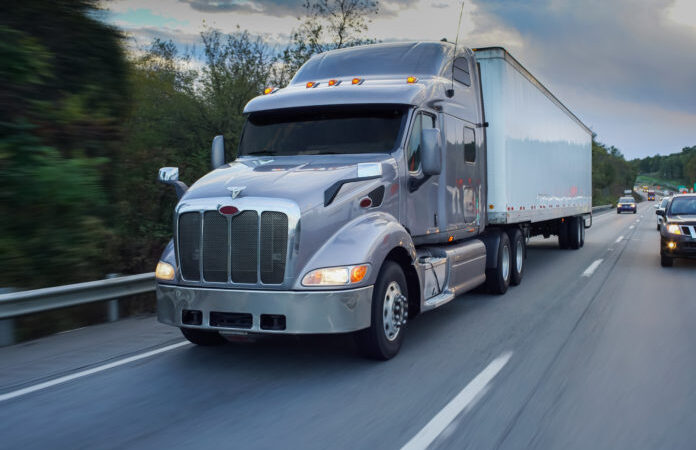Are you a candidate with skills and qualifications in one of Canada’s 82 jobs for occupation-specific Express Entry draws? We want to help you move to Canada. Please submit your CV here.
The Canada trucking sector has become budding grounds for immigrants, especially women. However, it also has shortcomings that pose serious barriers for their entry and growth within the industry.
These include eligibility constraints, language barriers, maternity benefit shortfalls, etc.
Trucking, which has been a traditionally male-dominated sector, is facing massive labour shortages in Canada. These are being addressed by newcomers to the country, and efforts are being advanced in hopes of reducing cultural barriers, and drawing employees from diverse sections of society.
Women, for one, are being promoted by various government levels in Canada to enter the business. In August 2023, for example, it was announced that the province of Ontario spent $1.3 million to train women, newly-arrived immigrants, and other groups underrepresented in trucking to alleviate labour shortages.
This investment was directed at training 54 people from these groups, which is a relatively insignificant number, considering that the province in question requires at least 6,100 truckers to fill jobs that have a lack of workers.
However, Ontario Premier Doug Ford considered the program an optimistic turn.
“This innovative program will help break down barriers to attract more women into the trucking industry,” he said.
“As we build Ontario, we’re going to need all hands-on deck. That’s why our government is working hard to ensure that all skilled occupations are more accessible and welcoming for women and all under-represented groups.”
Moreover, considering women are more likely to be the primary caregivers for children, the program allotted reimbursements of $4,500 for childcare and other living expenses for them, along with helping them get the 200 hours of training needed for AZ (tractor-trailer) and 70 hours for DZ (straight truck) licenses.
The policy in question is being spearheaded by the Women’s Trucking Federation of Canada. Its CEO Shelley Walker remarked on Session Three of the program, which was scheduled to commence in December.
The instructors use both virtual reality systems and in-cab, hands-on training to teach job seekers how to operate a commercial vehicle, perform maneuvers, conduct inspections, maintain the vehicles, and understand commercial vehicle systems and controls.
Shelley Walker, CEO of the Women’s Trucking Federation, said that “we are hopeful that the government will continue its support for the program.”
Only 4.3% of Canada’s truckers are women, which is an increase of little more than a percent since 2016, when 3.5% of 300,000 truck drivers in Canada were women.
This is an inclusion problem, one of many issues faced by women in the industry. They also suffer from eligibility constraints from an immigration standpoint, language shortcomings in English, French, or both, and a lack of education on their financial responsibilities.


